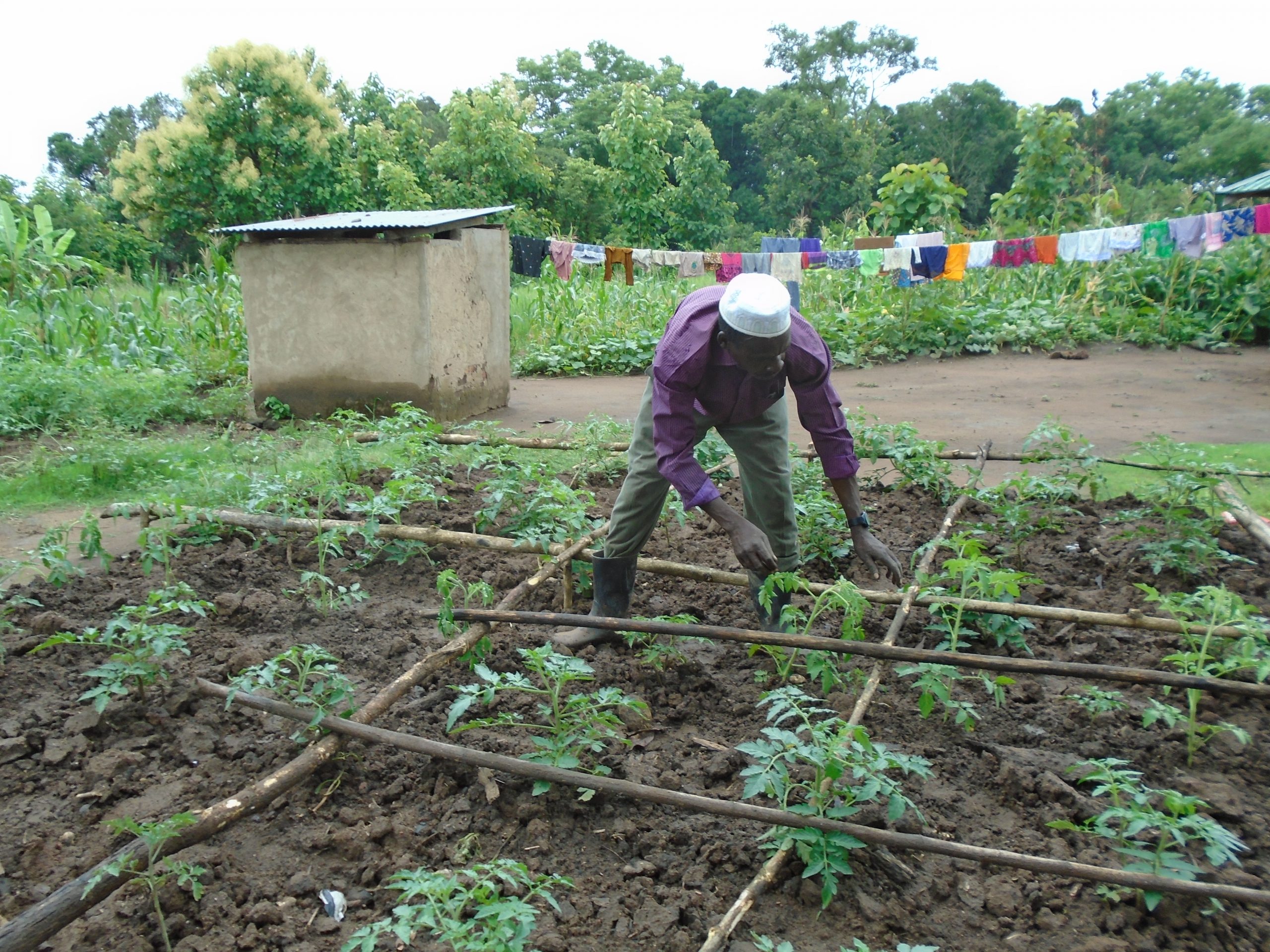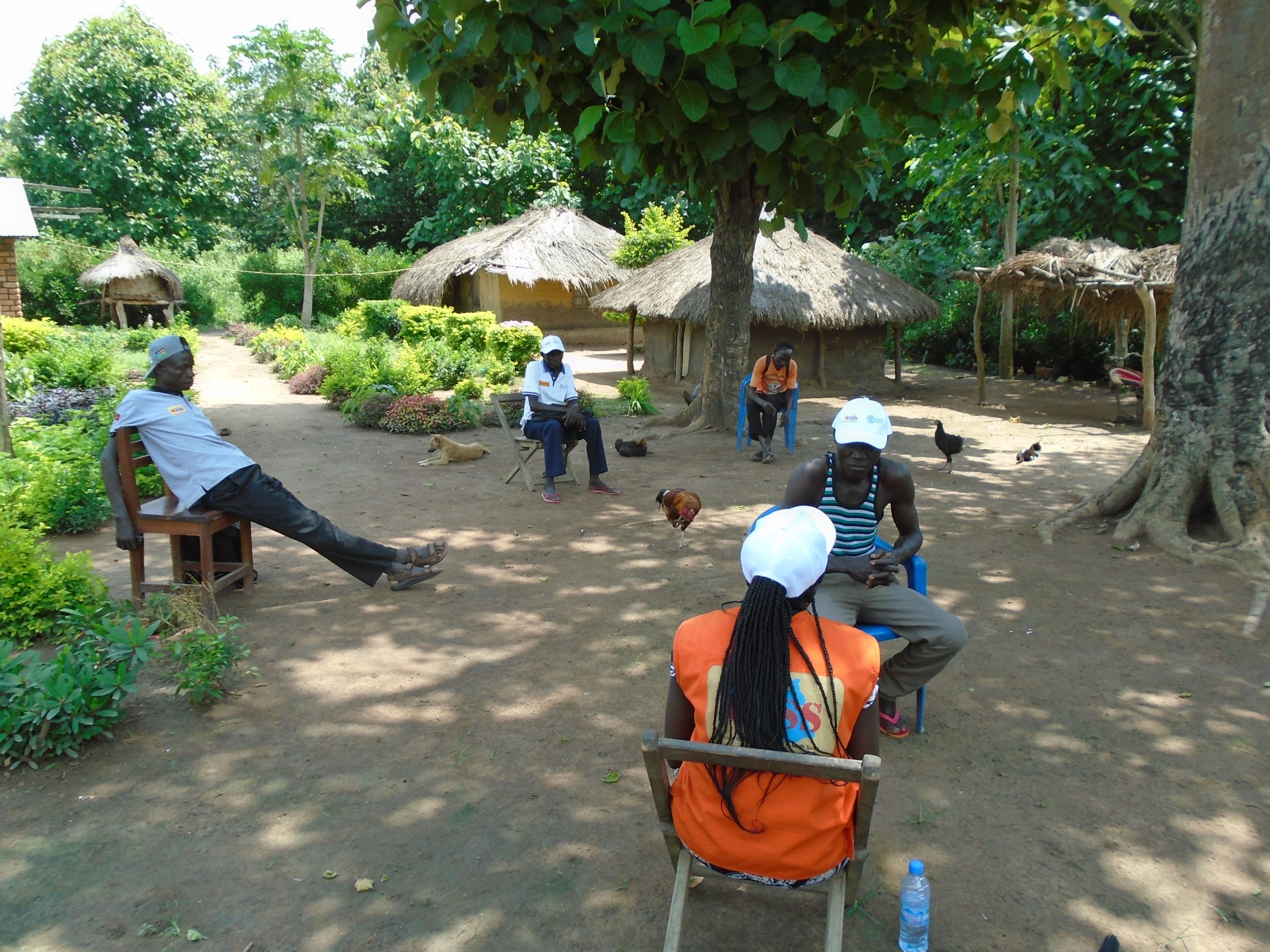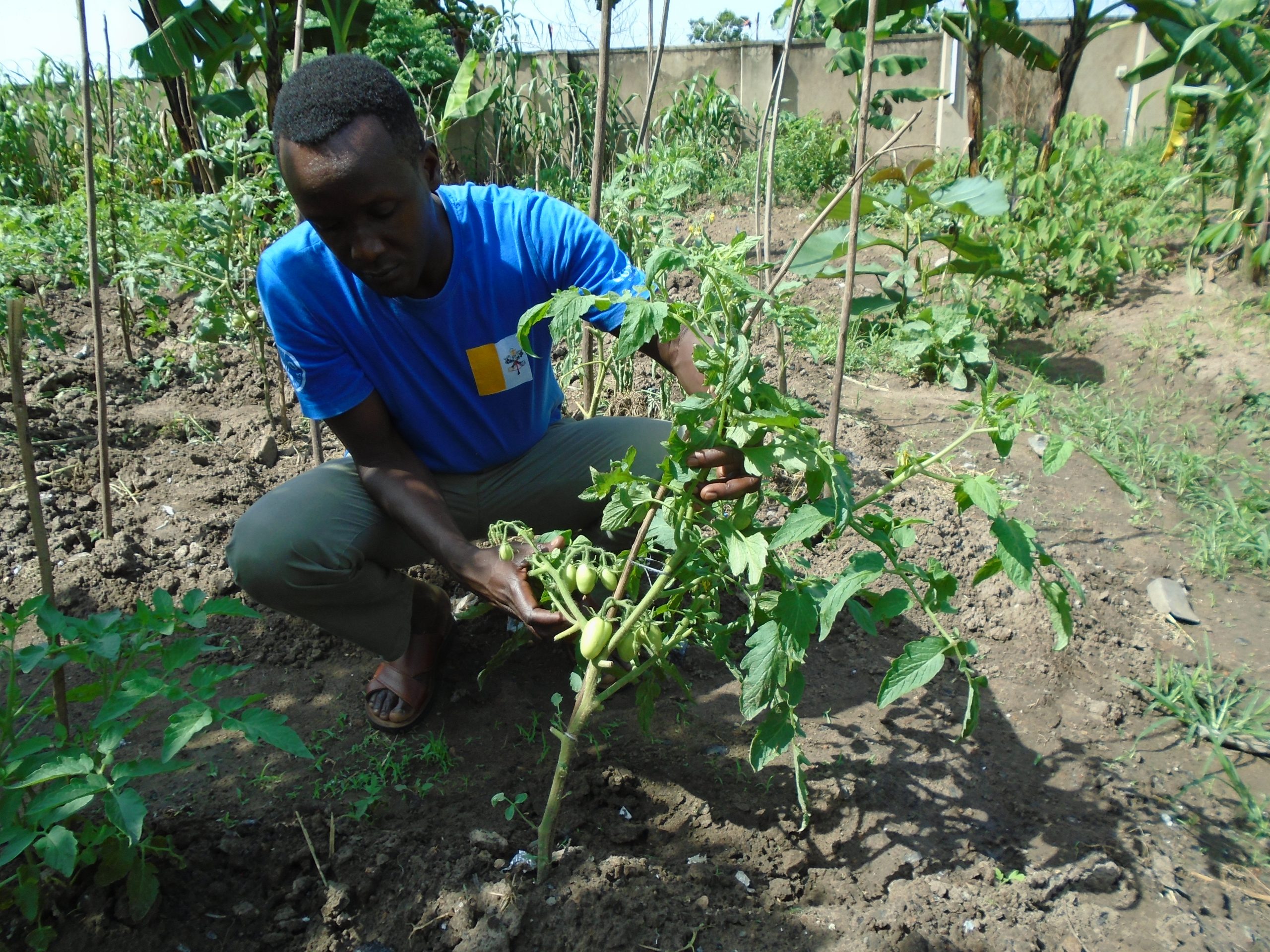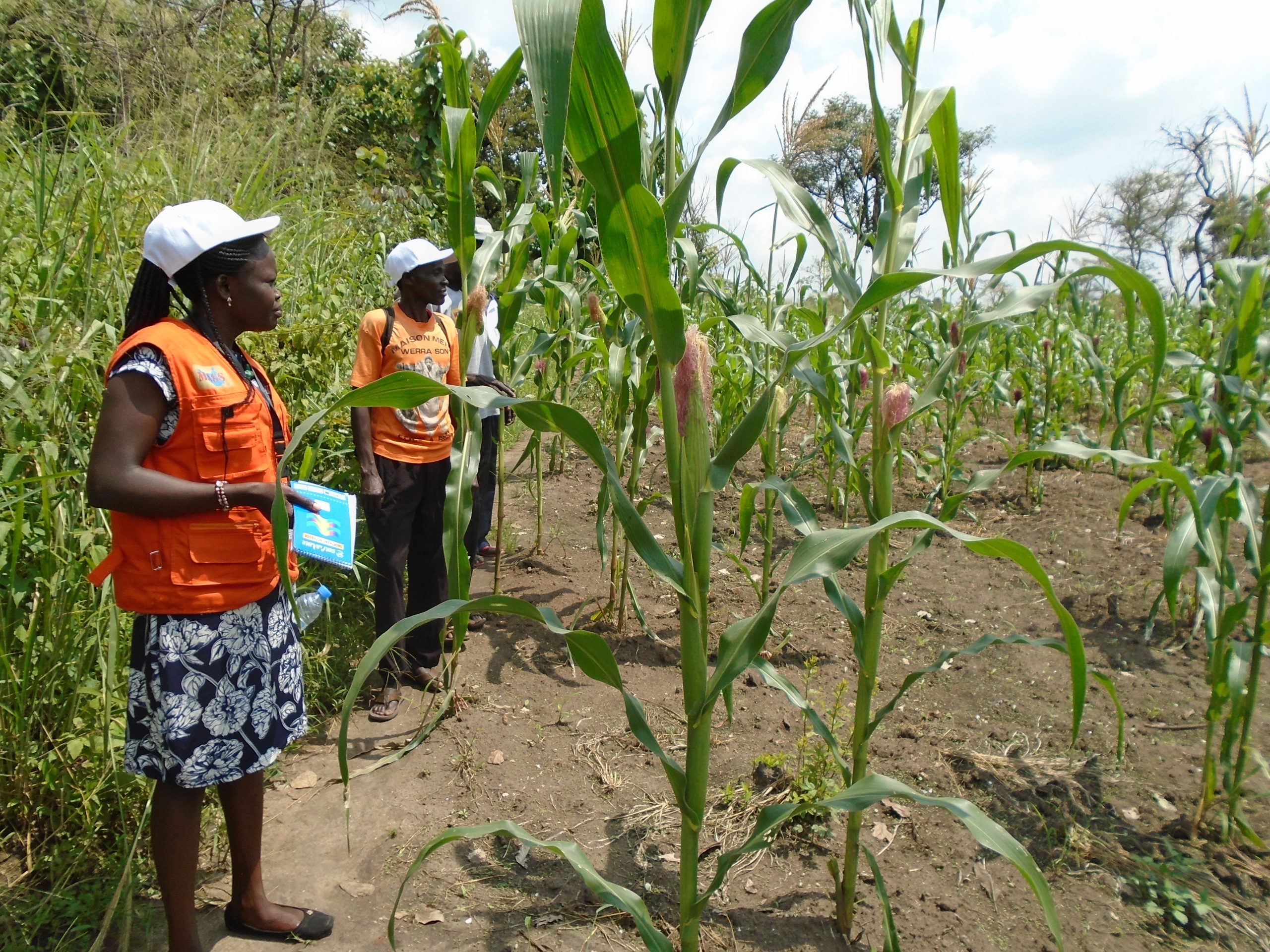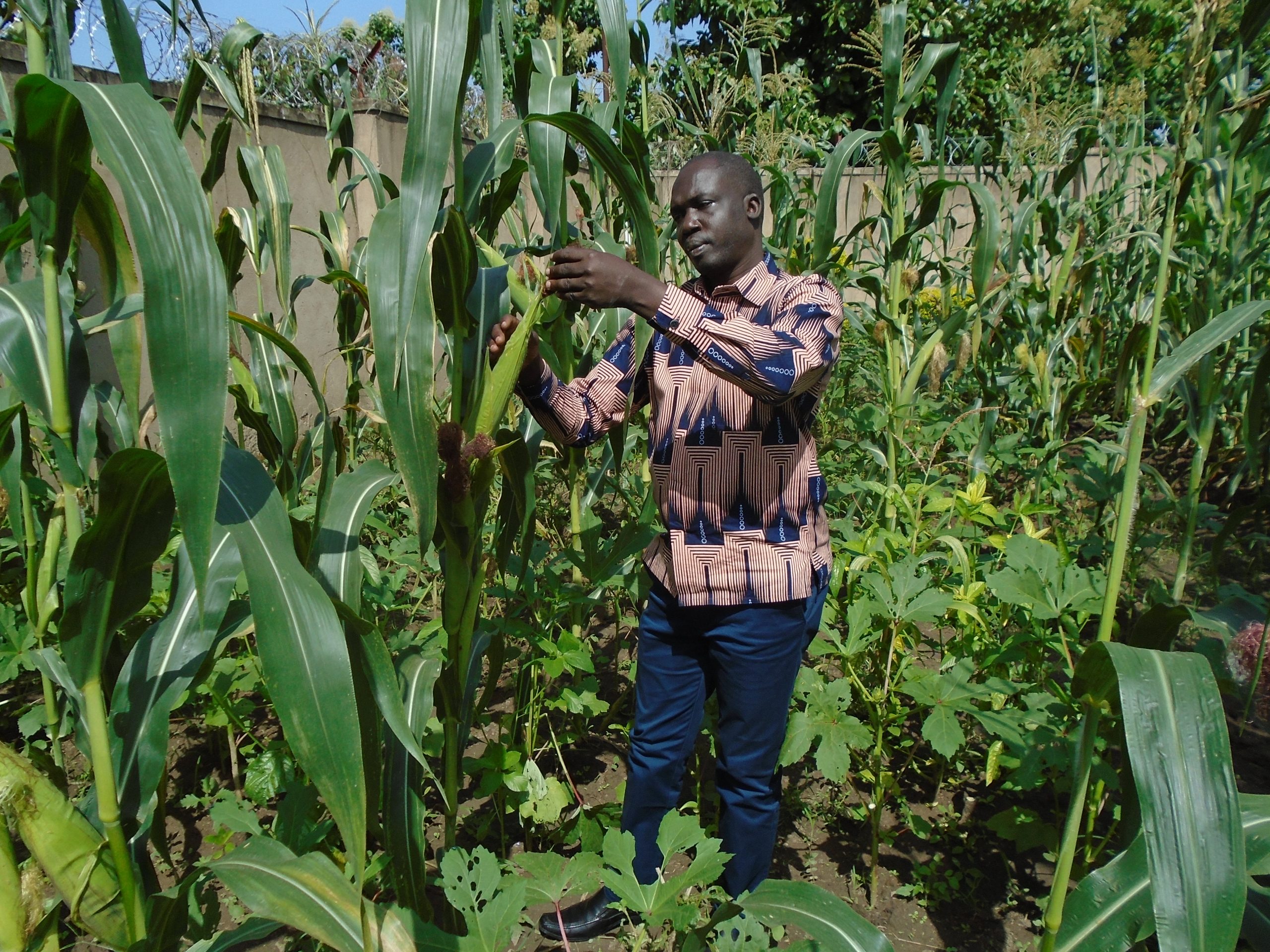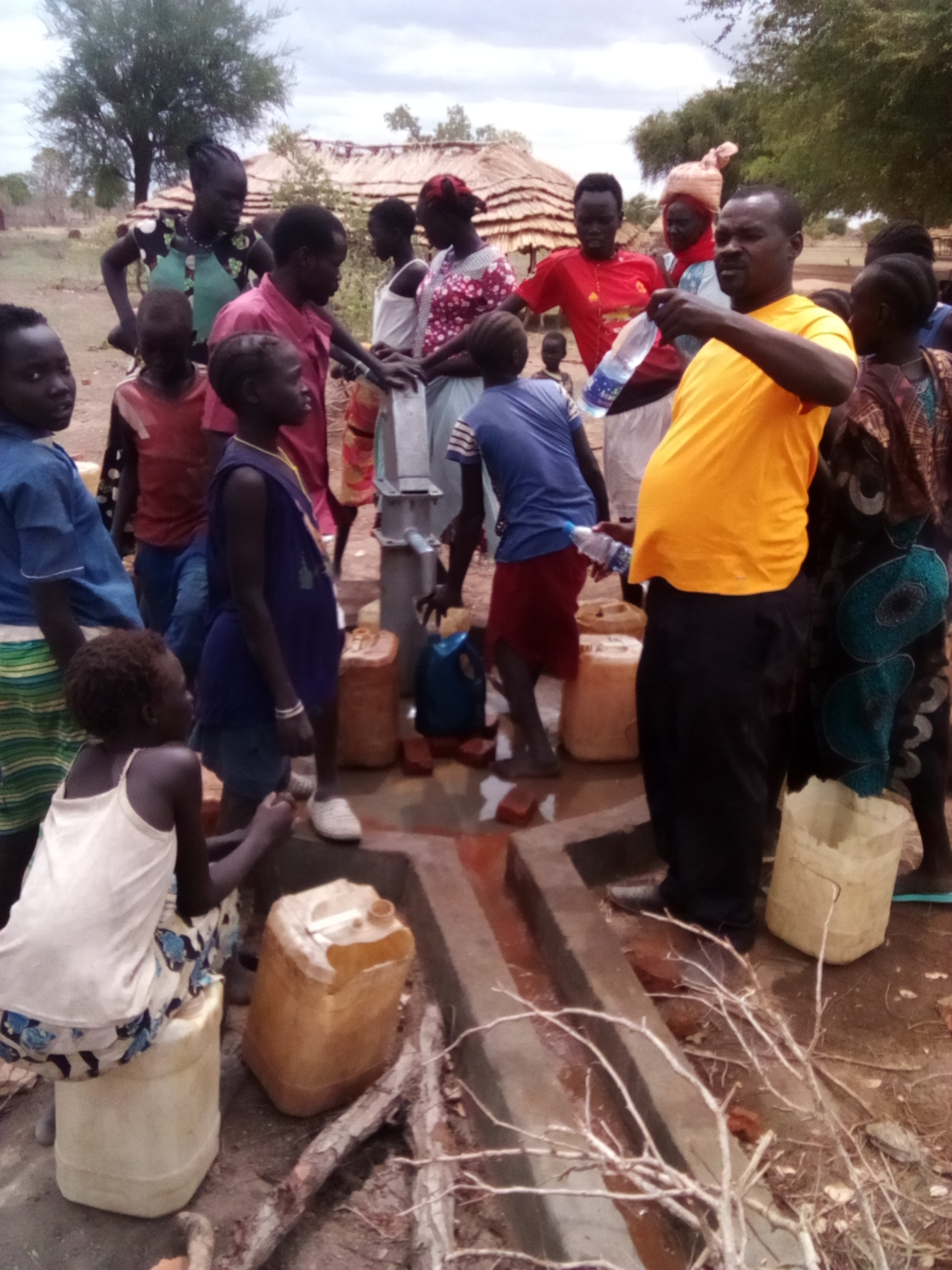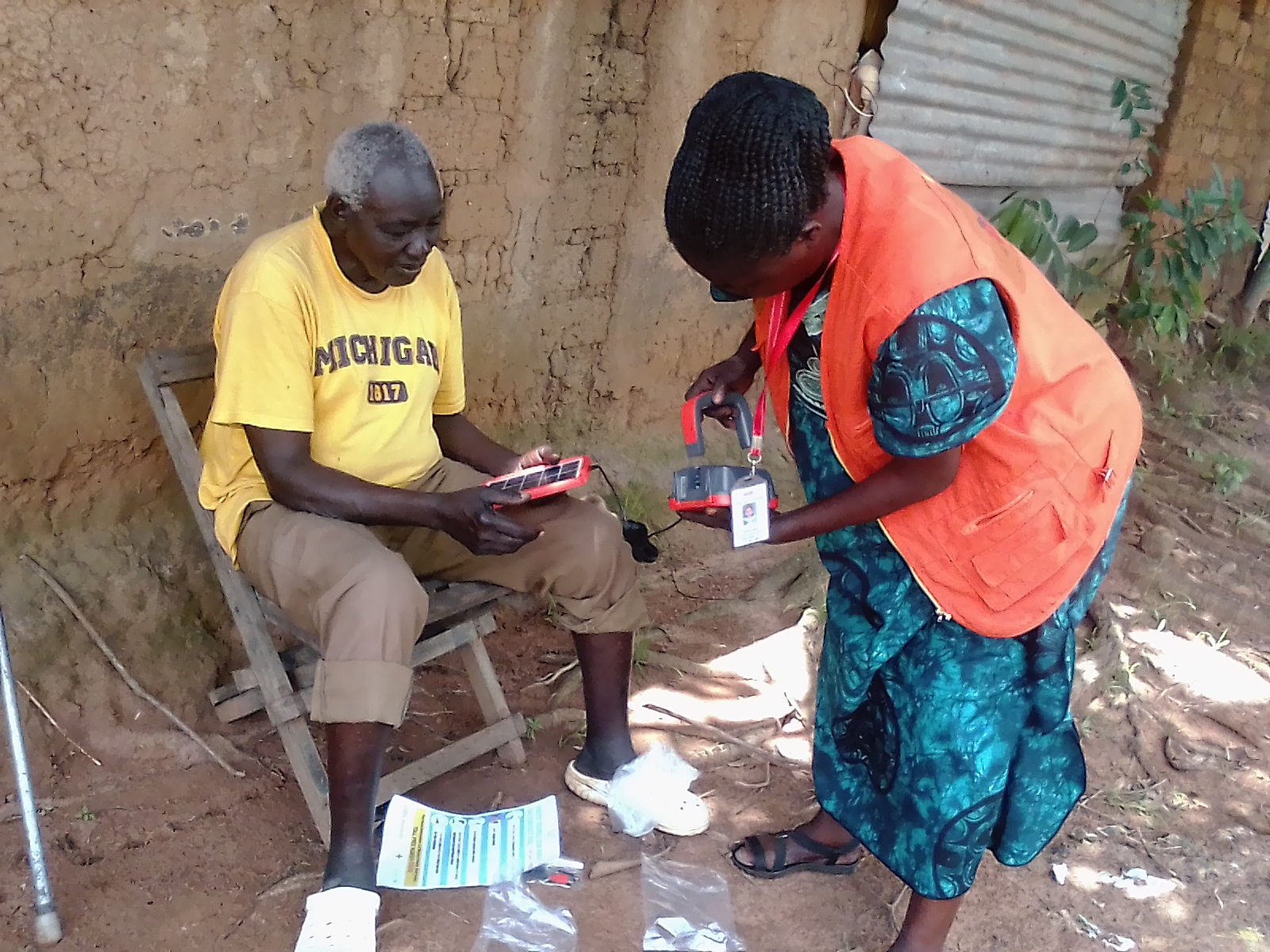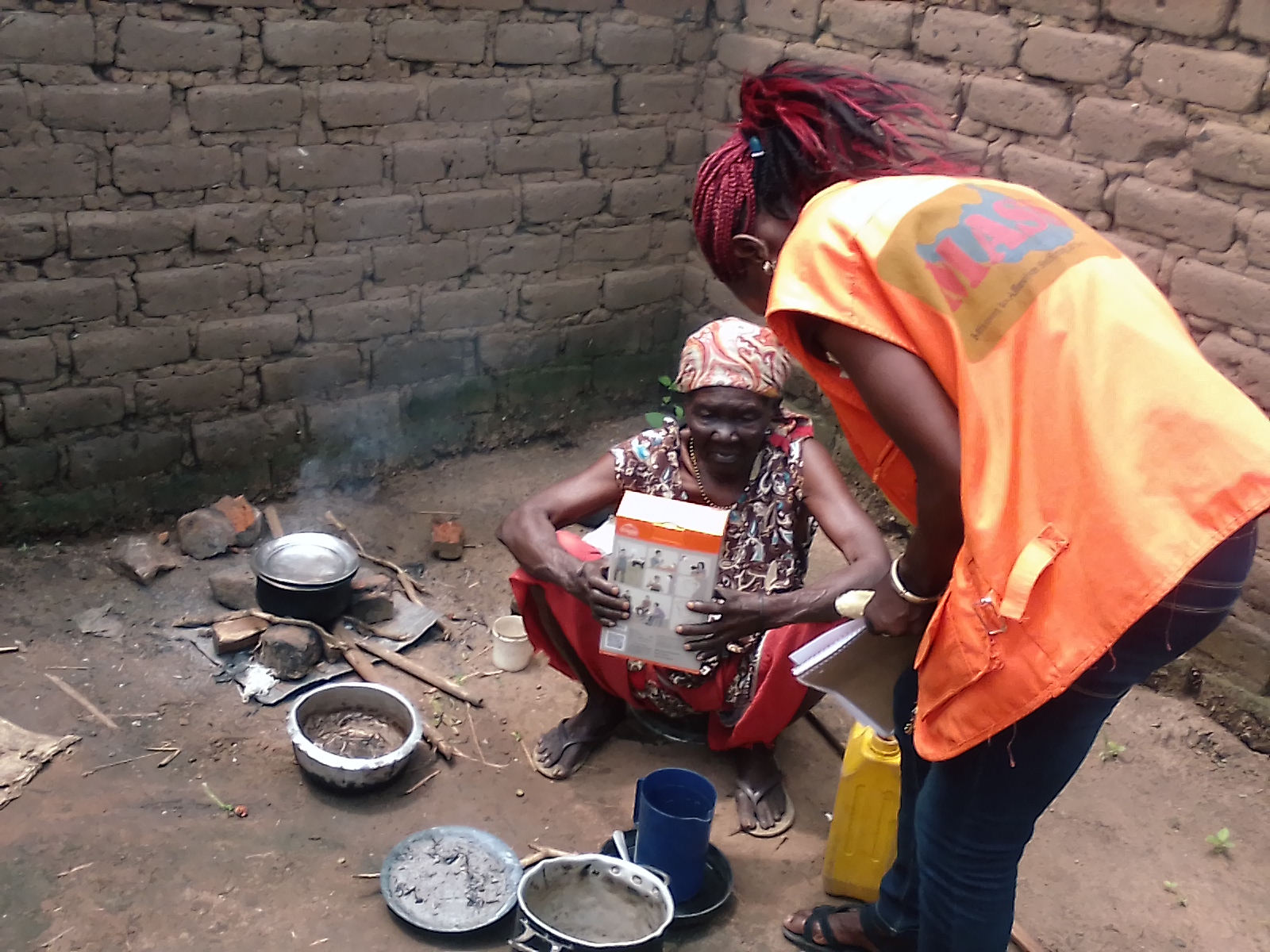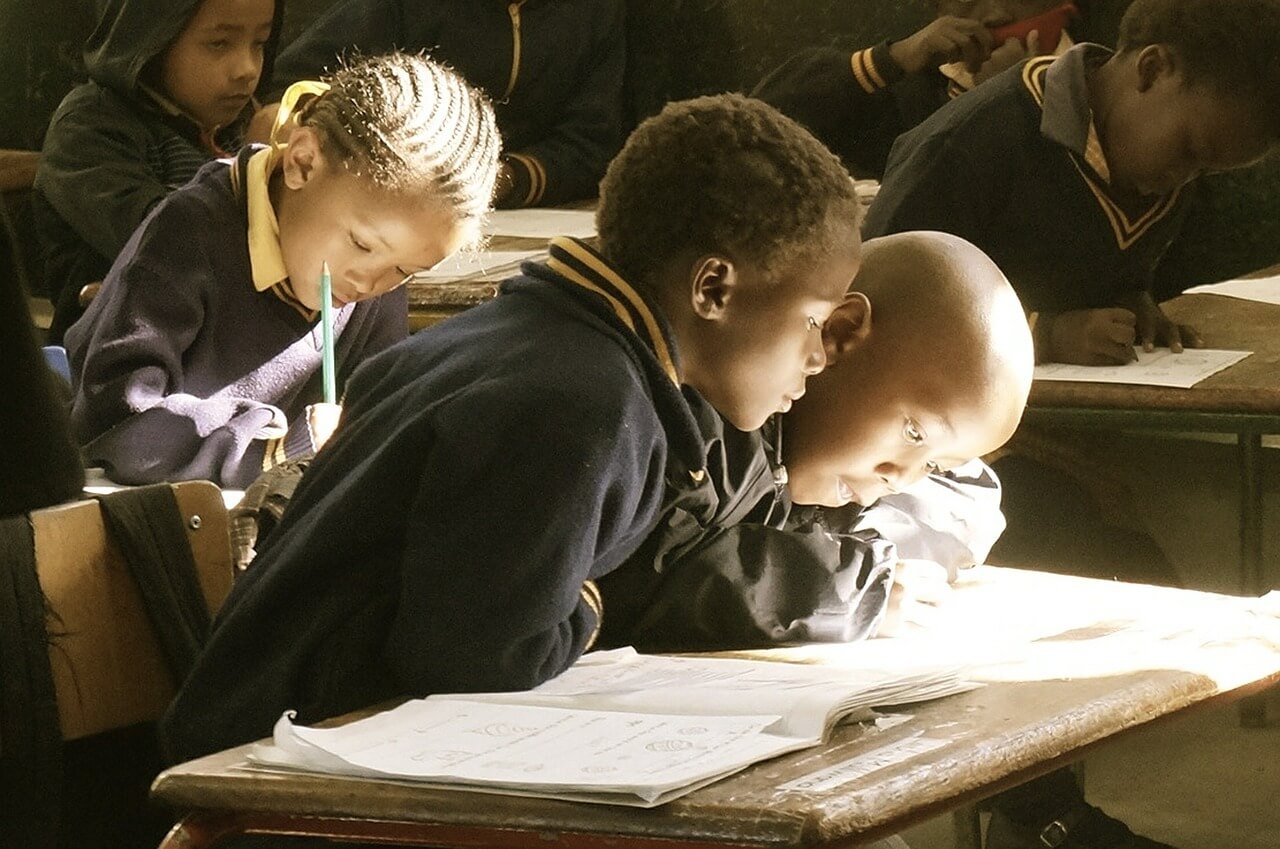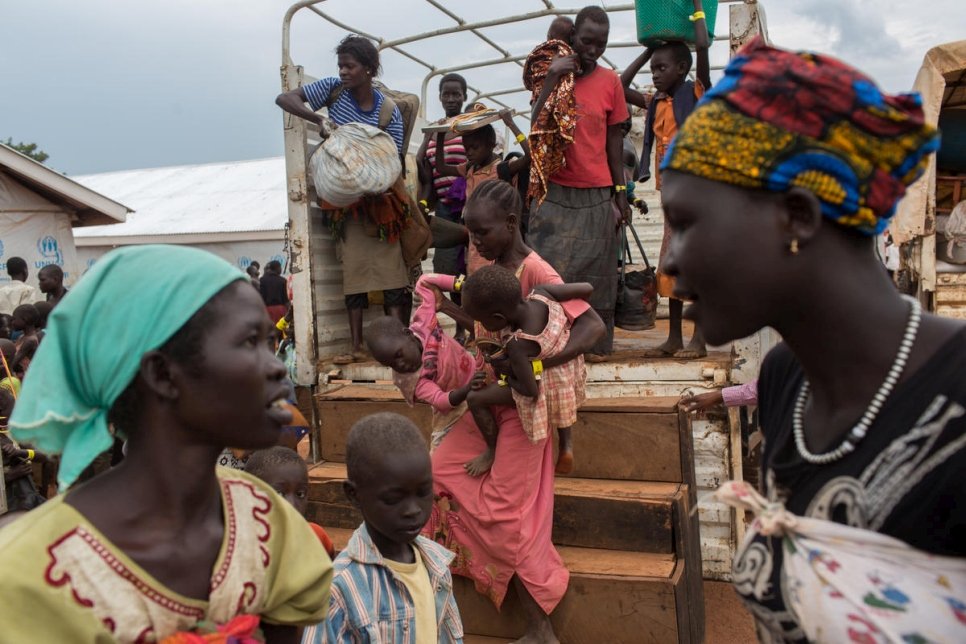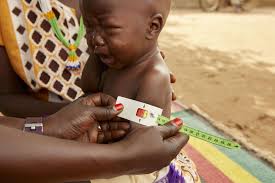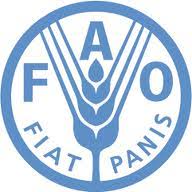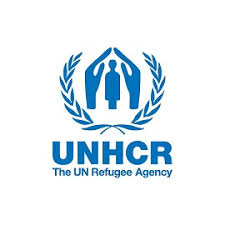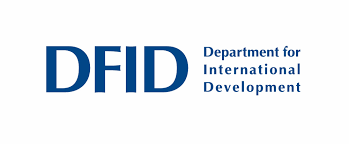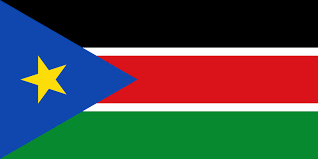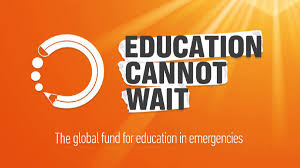Current Projects
Increasing access to education for girls in South Sudan ( Girls Education South Sudan Project
A 5-years education project aimed at promoting sustainable learning outcomes with greater emphasis to girls’ Education. Over the years, girls of South Sudan have faced difficulties emanating from high household poverty, archaic cultural practices, lack of mentors and poor learning environment among other challenges in their bid to access education. Impeded access to education for girls in South Sudan is dire to an extent that more girls in southern Sudan are more likely to die in pregnancy or childbirth than complete primary education with only about 10 percent of girls in South Sudan completing primary school according to UNICEF. Through the Girls Education South Sudan (GESS) projects, girls are provided with cash transfers to enable them meet their basic education needs thereby reducing the burden of households in meeting their education costs. Schools are also provided with capitation grants to ensure habitable learning environment for school children and also procure needed materials to facilitate learning in schools. In a bid to promote inclusive education management, School Management Committees (SMCs) are trained and involved in the management of resources within the schools thereby improving accountability and effective management of resources allocated to schools. The project is jointly funded by the United Kingdom and South Sudan governments.
Support refugee initiatives in South Sudan ( Improved and sustainable access to Education, Livelihoods, Protection and WASH services for vulnerable Congolese and Sudanese refugees and host communities in Lasu area
This is a multi-sector 1-year program funded by the United Nations High Commission for Refugees (UNHCR) aimed at supporting refugees in the greater Yei region. Through the project, refugees’ skills are enhanced and provided with agriculture and business start-ups to enable them restore their livelihoods distorted following a civil strife in Yei that resulted in the unfortunate deaths and displacement of hundreds of refugees and host community members. Through the project, communities are also encouraged to embrace and use their diversity to promote unity and initiate a healing process for people affected by the war. MASS also provides counselling for refugees and other community members left scarred by the civil strife. 10,181 refugees and host community members are projected to be reached with support during the grant period.
Contribute towards sustainable protection support for refugees and persons with special needs in South Sudan (Promoting Protection (SGBV, Child Protection and PSNs) and Co-existence for IDPs in Yei County
As a result of the civil strife of 2013 and 2016 in South Sudan, more than 56,000 persons were displaced within the Yei region. The Internally Displaced Persons (IDPs) sought refuge in camps established in Yei while others integrated among community members. Women, children and persons with special needs (PSNs) were most affected during the war and are in dire need of psychosocial and material support to restore their lives. Because of population influx, there has been increased competition for available limited social amenities in Yei resulting in conflicts and animosity between host community and other groups. Through this project, MASS working with communities has established and trained community structures to provide psychosocial support and seek justice for SGBV survivors, identified the needs of PSNs and provided needed support and continues to conduct community sensitization and education on SGBV mitigation and case reporting to increase access to support for survivors. MASS also conducts awareness campaigns on the importance of peaceful co-existence to reduce conflicts among different groups in line with the South Sudan national peace agenda. This project is funded by UNHCR South Sudan.
Contribute towards improved access to renewable energy for vulnerable rural communities in South Sudan (Renewable Energy Access Program)
Renewable energy utilization in South Sudan is still very low. In rural areas, the country relies heavily on diesel power that is not only expensive beyond the reach of most vulnerable households but also hazardous to the environment. With most households not able to afford to connect to the electricity grid children are not able to study after dark unless they are able to access locations connected to generators preferably markets. While boys are able to walk in the cloud of darkness, girls are disadvantaged as they are burdened with household chores that go on till late in the evening making it difficult for them to study after dark. The risk of SGBV, makes it impossible for the girls to move at night to access buildings connected to generators. This project was initiated with an aim of supporting girls taking their final year examinations (Class 8 and form 4) in Northern Bahr el Ghazal (NBeG) State. Through the project, girls are issued with solar lamps with phone charging capability to enable them study and also make it possible for their parents to charge their phones thereby saving the households money. All 2020 primary and secondary school candidates in NBeG (2700) will be issued with solar lamps to enable them study at home after completing their chores. MASS is also encouraging parents not to overburden girls with household chores thereby making it possible for them to study away from school. This project is funded by UMCOR International Sustainable Development department.


